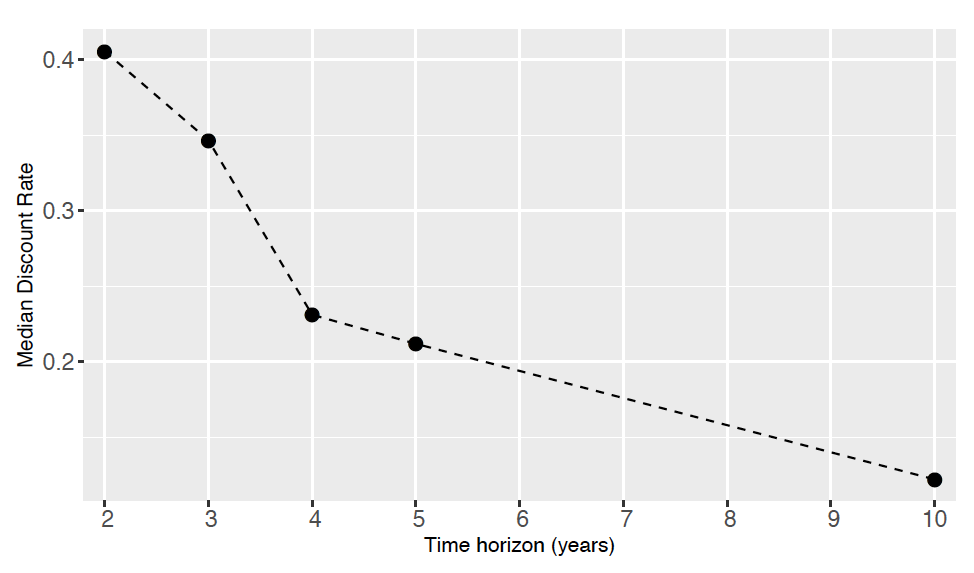Temporal Discounting on Software Engineering – GTM co-authors international replication study presented in ESEM 2019

Image: Pixabay/mohamed_hassan
The member of the GTM Dr. Leticia Duboc co-authored paper on Intertemporal choice on Software Engineering. The work has been presented in the 13th ACM/IEEE International Symposium on Empirical Software Engineering and Measurement (ESEM), in Porto de Galinhas (Brazil) from 19-20 September 2019.
Technical debt happens when short-term decisions in software development are costly in the long term. This kind of decisions are often intertemporal: they involve a trade-off in time between short- and long-term benefits. “Temporal discounting” is the degree to which the distance of the outcome affects its perceived value. The study shows that software professionals exhibit temporal discounting. That is, it shows that distant outcomes are valued lower, which can lead to technical debt.
The reference of the paper is:
- Fagerholm, F., Becker, C., Chatzigeorgiou, A., Betz, S., Duboc, L., Penzenstadler, B., ... Venters, C. C. (Accepted/In press). Temporal Discounting in Software Engineering: A Replication Study. In ACM/IEEE International Symposium on Empirical Software Engineering and Measurement : ESEM 2019 IEEE.
with abstract:
Background: Many decisions made in Software Engineering practices are intertemporal choices: trade-offs in time between closer options with potential short-term benefit and future options with potential long-term benefit. However, how software professionals make intertemporal decisions is not well understood.
Aim: This paper investigates how shifting time frames influence preferences in software projects in relation to purposefully selected background factors.
Method: We investigate temporal discounting by replicating a questionnaire-based observational study. The replication uses a changed-population and -experimenter design to increase the internal and external validity of the original results.
Results: The results of this study confirm the occurrence of temporal discounting in samples of both professional and student participants from different countries and demonstrate strong variance in discounting between study participants. We found that professional experience influenced discounting. Participants with broader professional experience exhibited less discounting than those with narrower experience.
Conclusions: The results provide strong empirical support for the relevance and importance of temporal discounting in SE and the urgency of targeted interdisciplinary research to explore the underlying mechanisms and their theoretical and practical implications. The results suggest that technical debt management could be improved by increasing the breadth of experience available for critical decisions with long-term impact. In addition, the present study provides a methodological basis for replicating temporal discounting studies in software engineering.

Figure 1: Median discount rate for all participants across project time horizons.
